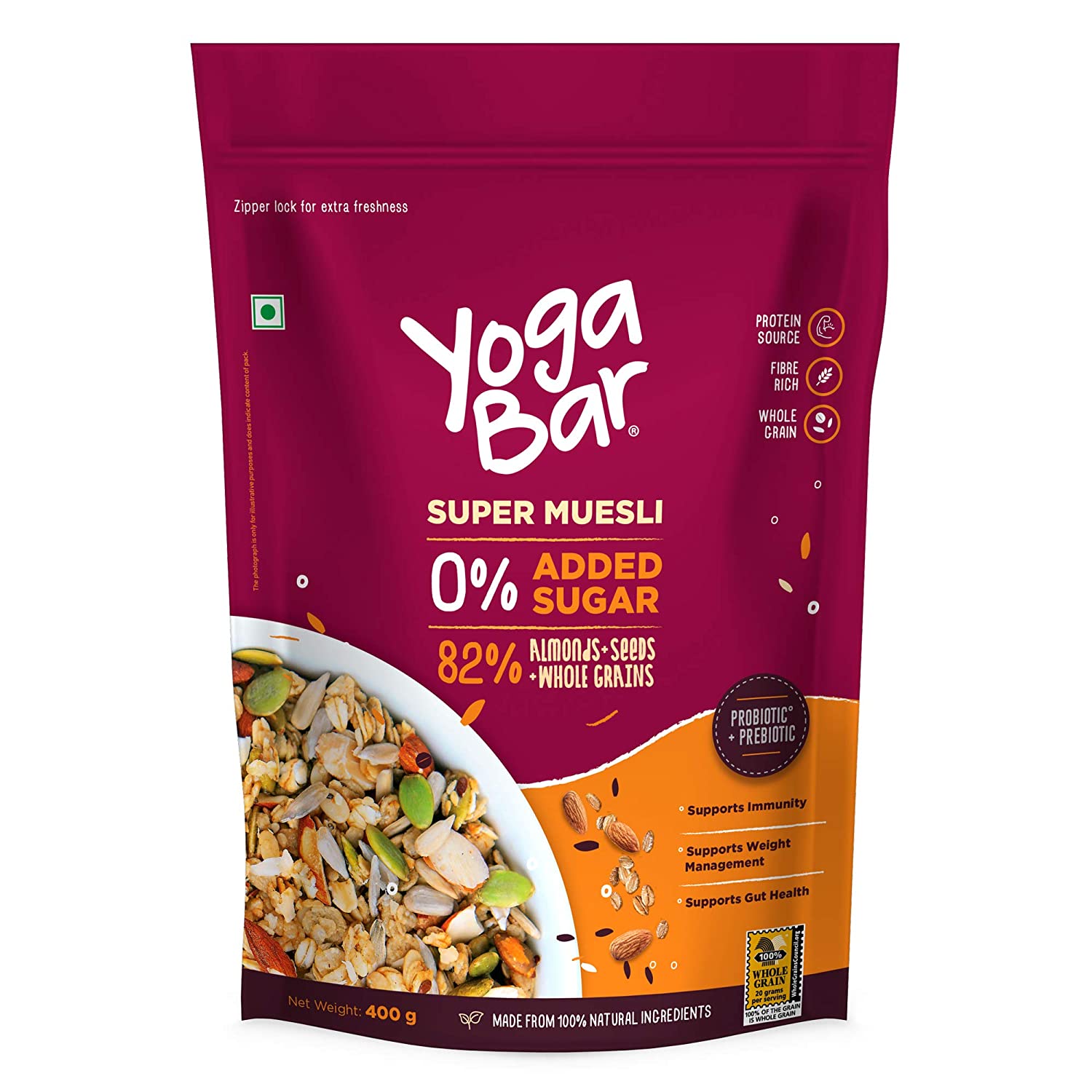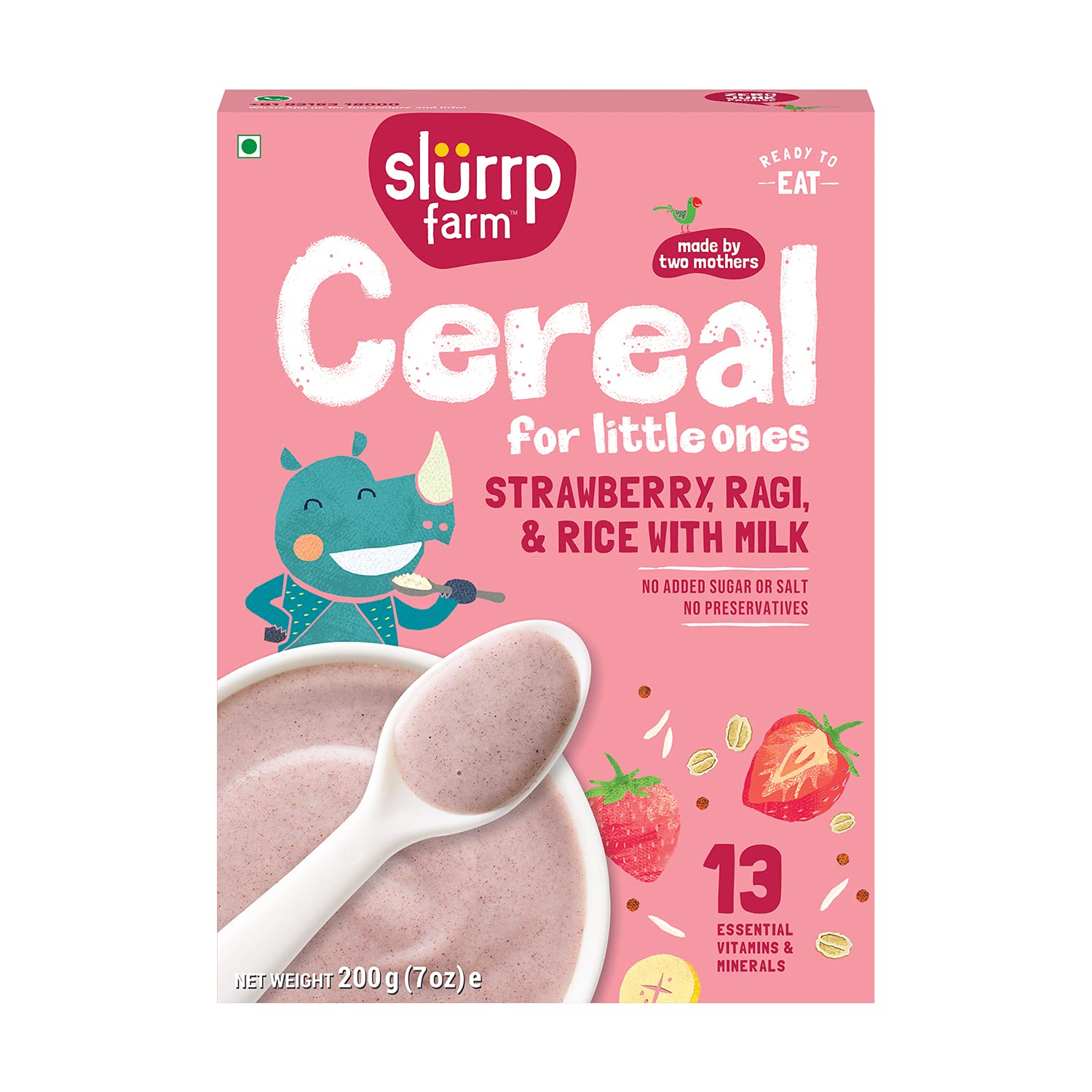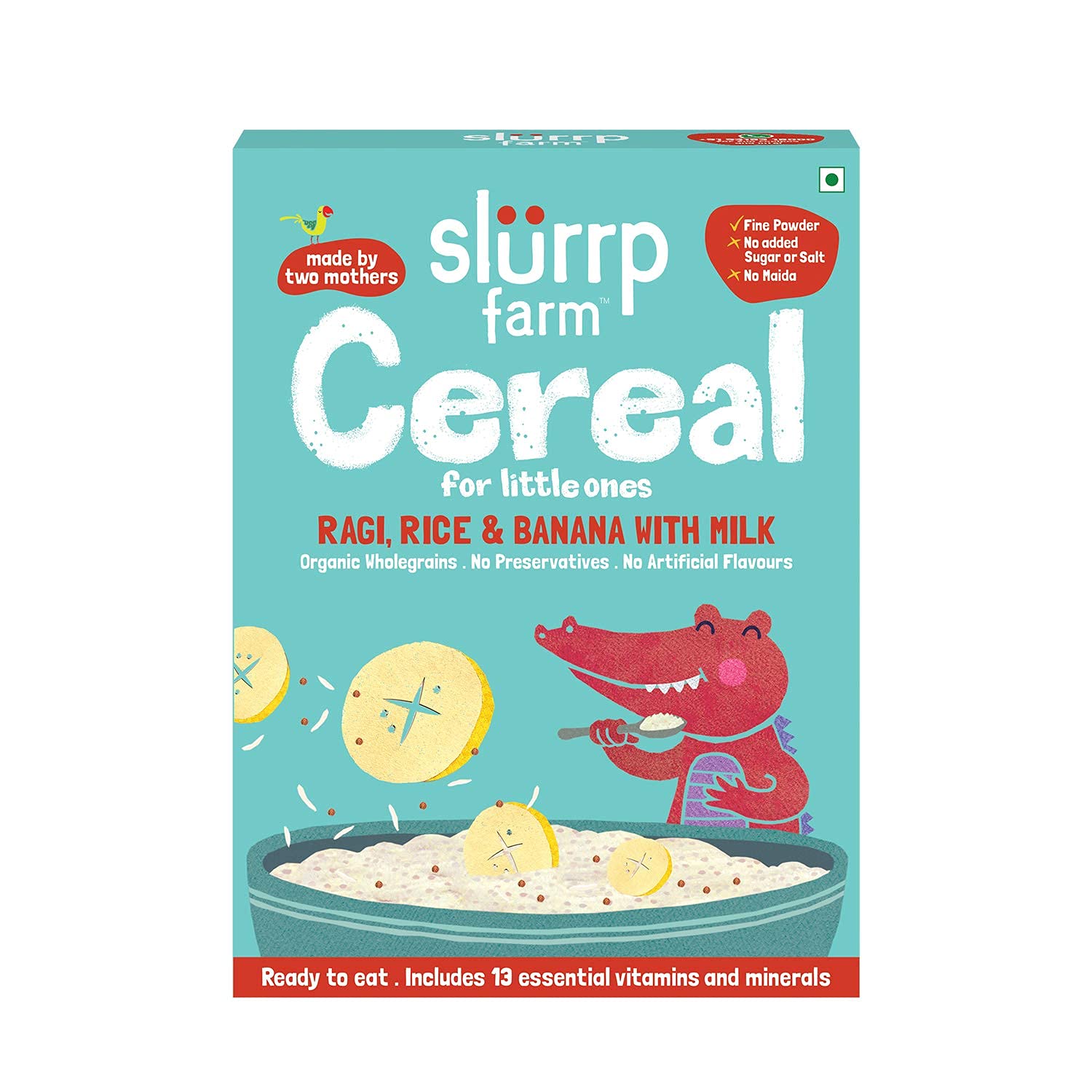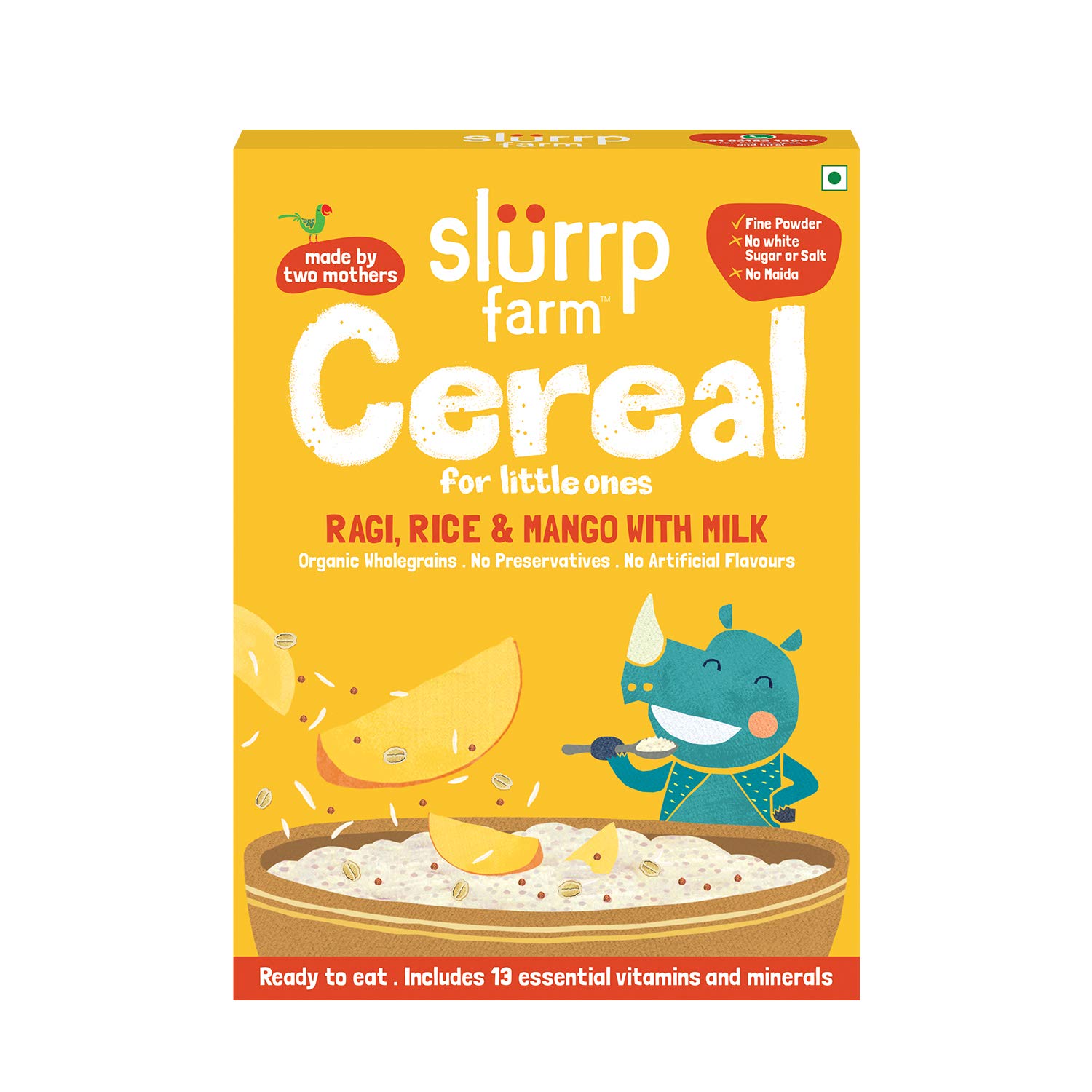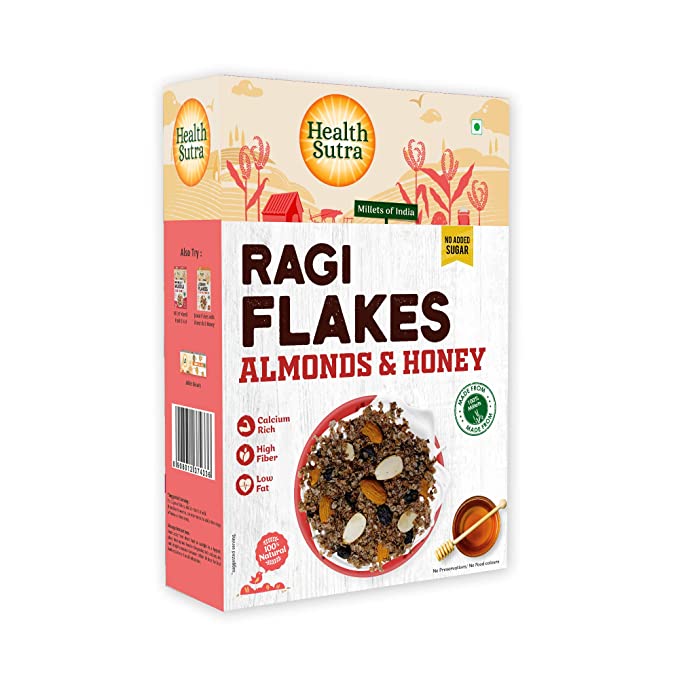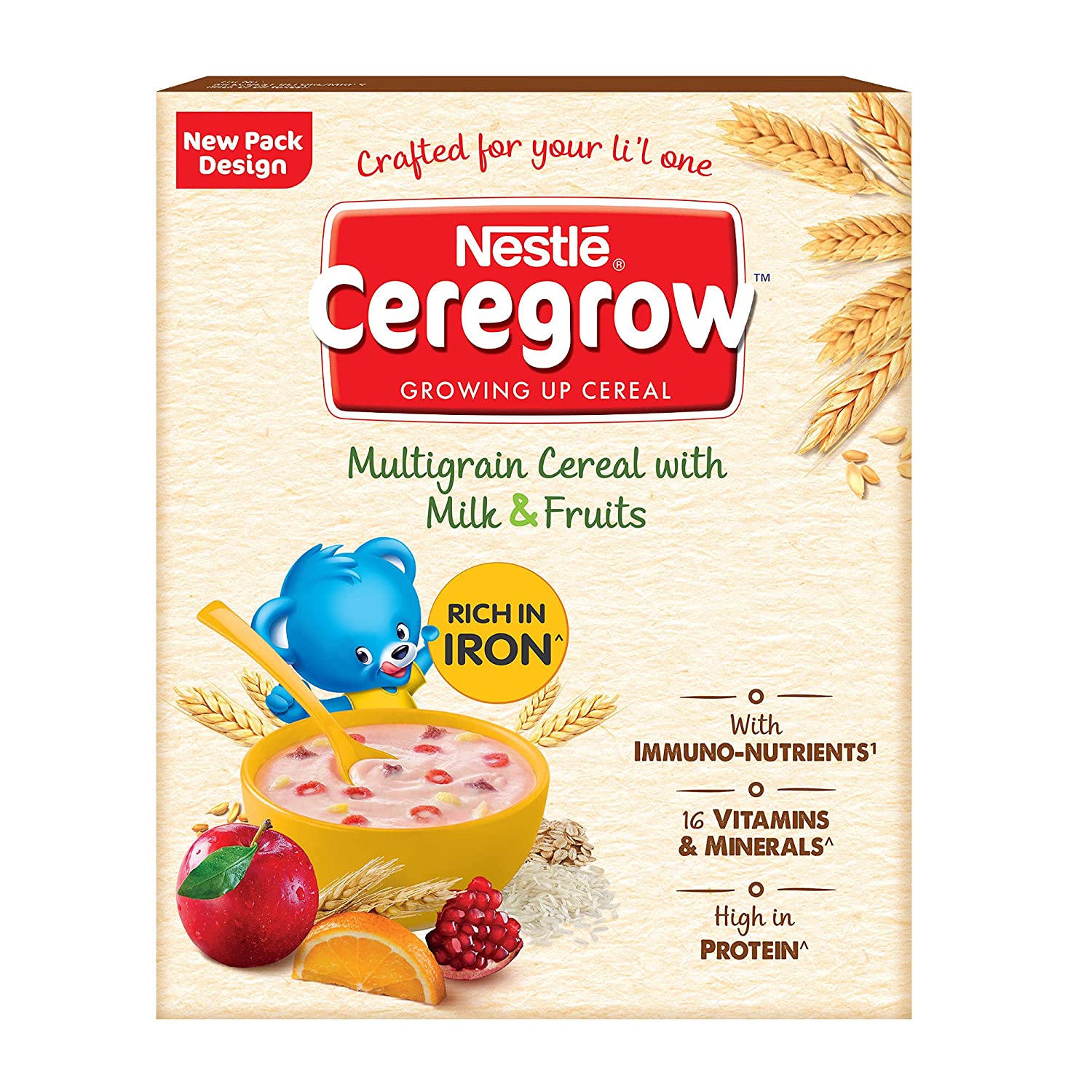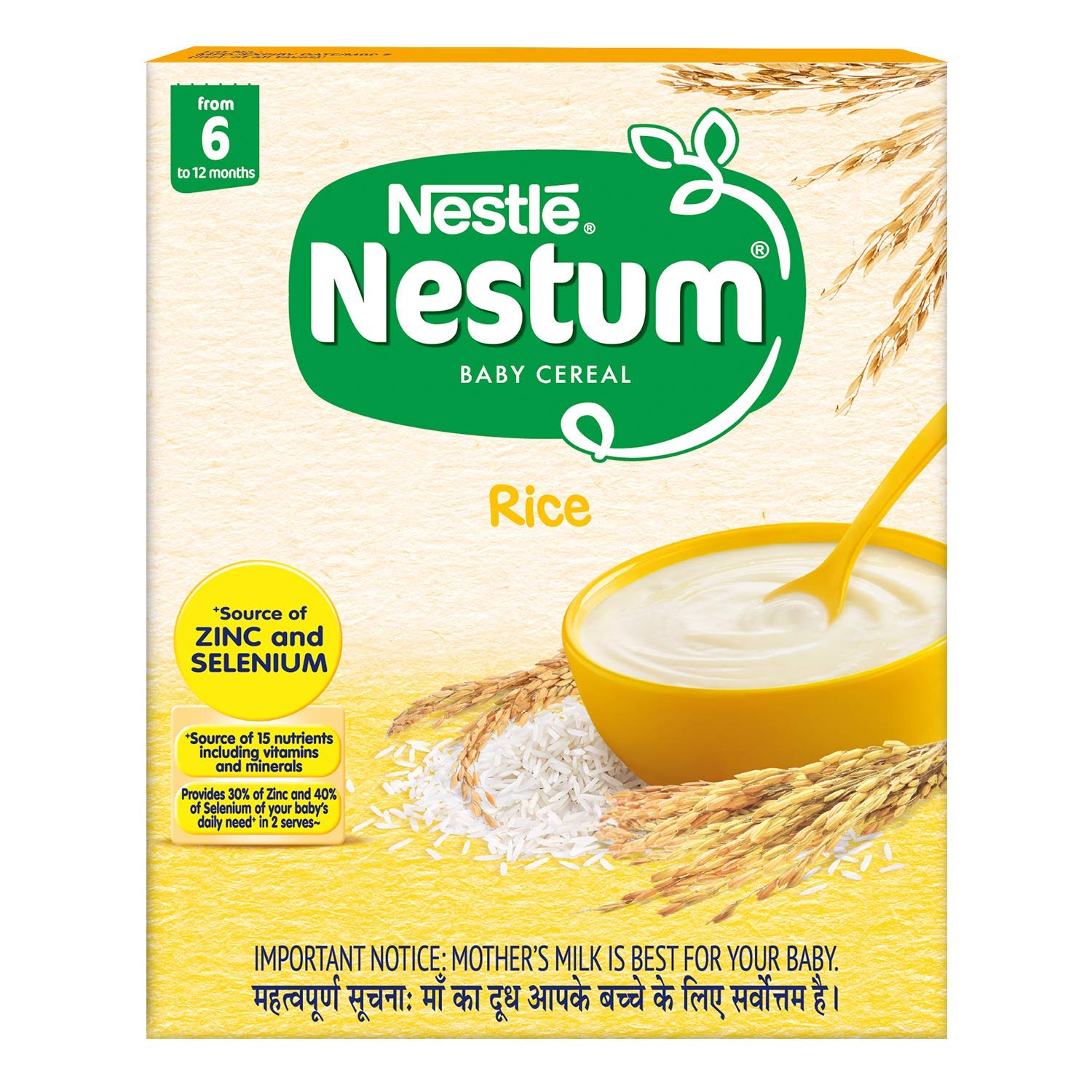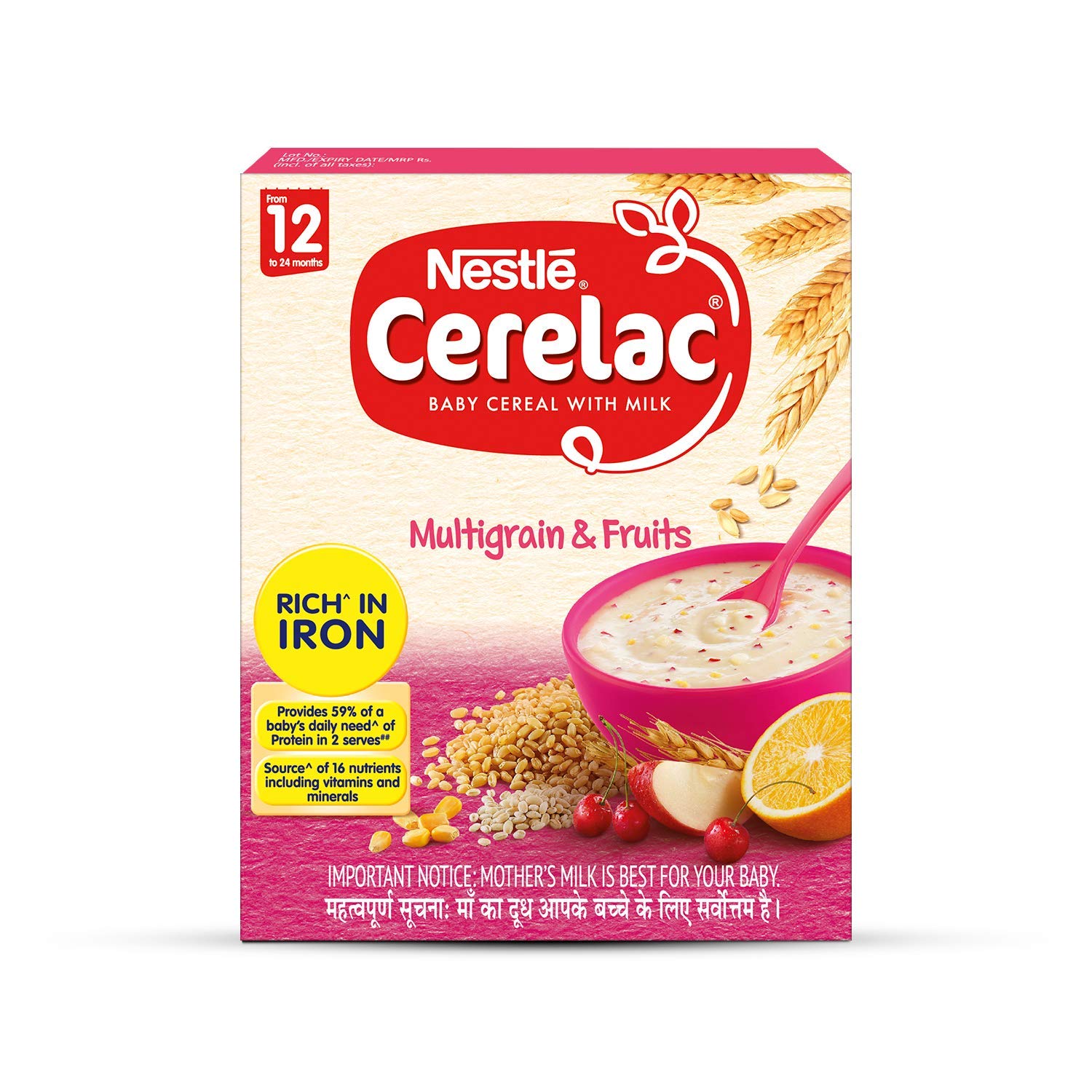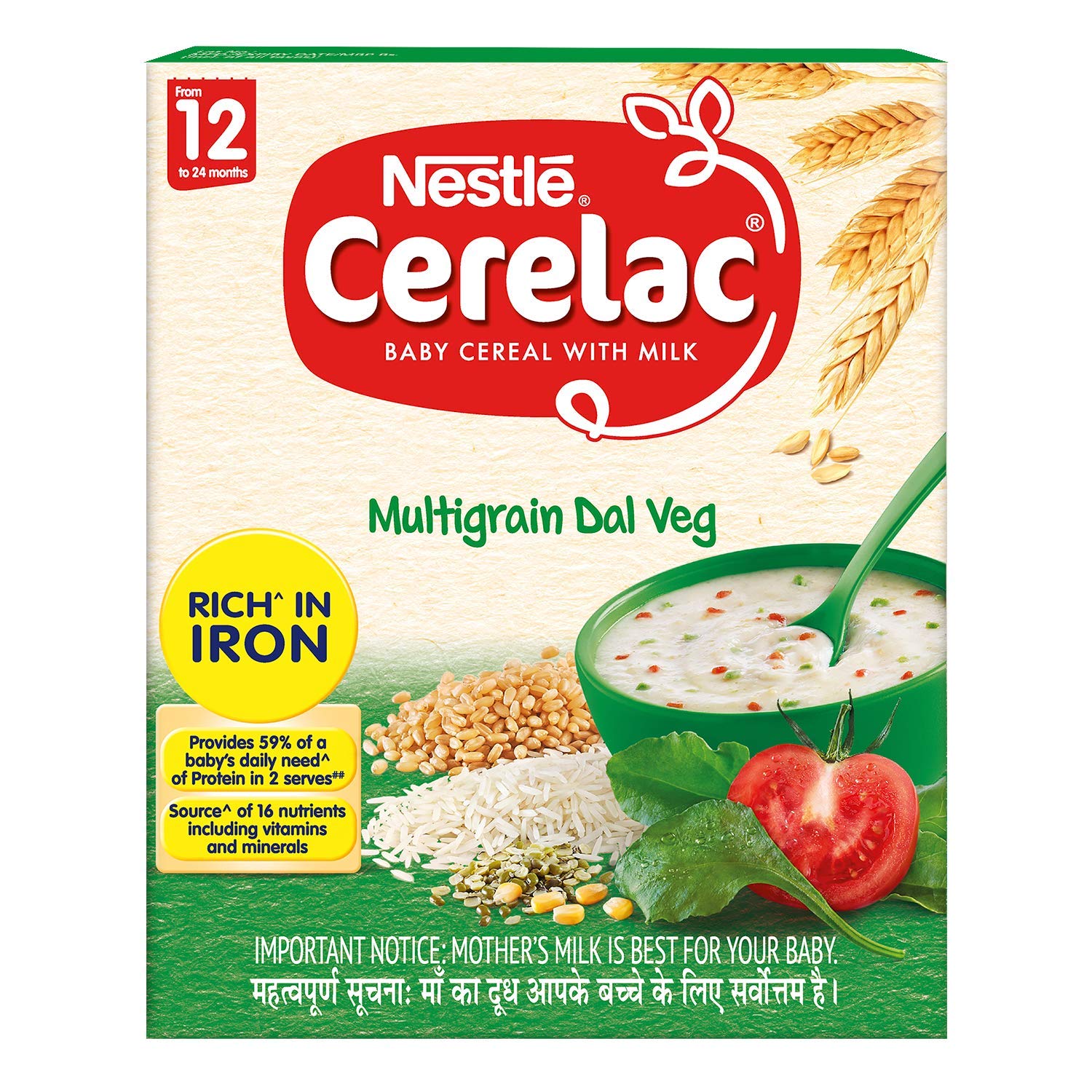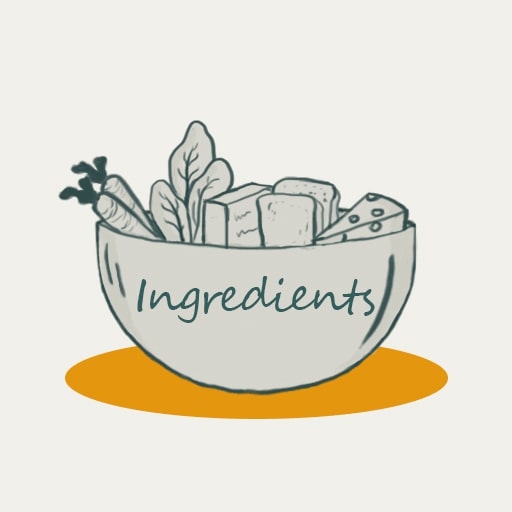Vitamin E (Tocopherol)
Micronutrient
Last update date: January 09, 2024
It is a fat-soluble nutrient and acts as an antioxidant in the body.
Frequently Asked Questions
1.
What is Vitamin E (Tocopherol)?
Vitamin E is a special kind of vitamin that your body needs to stay healthy. It acts like a superhero, protecting your cells from damage caused by harmful substances called free radicals. It's like a shield that keeps your cells safe. Vitamin E also helps your immune system work properly, making sure your body can fight off germs and stay strong. Another important job of vitamin E is to prevent the formation of harmful clots in the blood vessels of your heart. These clots can block the flow of blood and cause heart problems. So, vitamin E keeps your heart healthy too!
2.
What is positive impact of Vitamin E (Tocopherol)?
Vitamin E has been associated with several positive impacts on your health. Studies suggest that this nutrient may lower the risk of heart disease, as it helps to prevent the oxidation of cholesterol, a process that can lead to plaque buildup in arteries. Additionally, vitamin E's antioxidant properties have shown potential in reducing the risk of certain types of cancer. Furthermore, it plays a role in maintaining healthy vision, especially in relation to age-related eye diseases. Lastly, emerging research suggests that vitamin E may contribute to cognitive function and help protect against neurodegenerative diseases.
3.
What is negative impact of Vitamin E (Tocopherol)?
When it comes to taking vitamin E, the right amount is generally safe for most people. However, it's important to remember that too much of a good thing can sometimes cause problems. Although it's quite rare, some individuals who take very high doses of vitamin E supplements have reported experiencing a few discomforts. These can include feelings of nausea, loose stools (diarrhea), stomach cramps, tiredness (fatigue), weakness, headaches, blurry vision, and even developing a rash. It's essential to emphasize that these side effects are uncommon and typically occur only with excessive vitamin E supplementation. If you ever have concerns or notice any unusual symptoms, it's wise to consult with a healthcare professional for guidance.
4.
Who should avoid Vitamin E (Tocopherol)?
While most people can benefit from vitamin E without any concerns, it's important to be mindful of certain situations where it's wise to proceed with caution. If you have a bleeding disorder or take blood-thinning medications, it's crucial to consult with your doctor before considering high doses of vitamin E. This step is necessary as vitamin E has the potential to increase the risk of bleeding in these cases. Additionally, individuals with specific genetic disorders or low levels of vitamin K should also be mindful of their vitamin E intake. Remember, seeking advice from a healthcare professional who can provide personalized guidance based on your unique health circumstances is always a prudent approach.
5.
What are common sources of Vitamin E (Tocopherol)?
Vitamin E can be found in a variety of delicious and easily accessible foods. Plant-based oils like sunflower, safflower, and soybean oil are commonly used in Indian cooking and are excellent sources of vitamin E. Nuts such as almonds and sunflower seeds not only make for convenient and satisfying snacks but also provide a good dose of this essential nutrient. When it comes to vegetables, you can find vitamin E in green leafy options like spinach, as well as in the vibrant red bell peppers and delightful asparagus. Fruits like mangoes, which are beloved in India for their sweet and juicy taste, and creamy avocados are also good sources of vitamin E. By incorporating these nourishing foods into your meals and snacks, you can easily meet your daily vitamin E needs while enjoying a wide range of flavors and textures.
6.
Which are symtoms of Vitamin E (Tocopherol) deficiency?
Vitamin E deficiency is not very common, but it can happen in certain cases. One common reason for vitamin E deficiency is not eating enough foods that contain this important nutrient. Sometimes, problems with digesting fats can also lead to a deficiency because vitamin E is a fat-soluble vitamin. Additionally, certain genetic disorders can affect how your body processes and uses vitamin E


